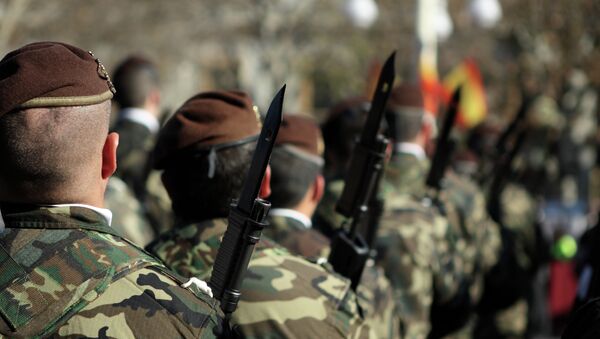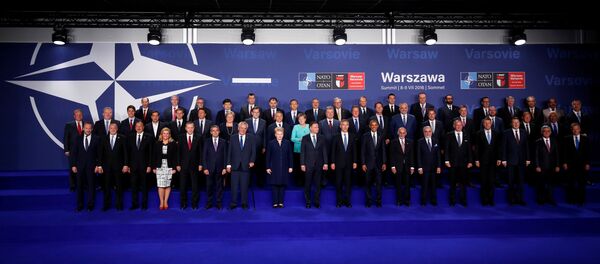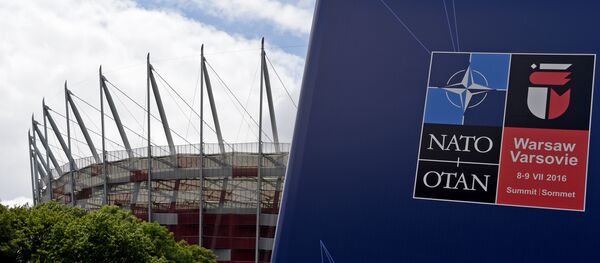Ingram argues that NATO states have used the developments in Ukraine as a "means to develop their capabilities and pull the alliance together" as well as "an attempt to ensure that the alliance still remains credible and relevant in the 21st century."
Around 4,000 troops will be deployed to the Baltic states and Poland by 2017 to protect them from what they perceive as possible "Russian aggression." The decision was announced by the alliance's Secretary General Jens Stoltenberg at the NATO summit in Warsaw on Friday.
"There is no doubt that it [the summit] is aimed at Russia. But it is also aimed at attempting to draw in and ensure that the alliance is cohesive," the expert said.
"Bear in mind that the British have just voted to leave the European Union. We can't take the cohesion of these intergovernmental organizations for granted. […] It requires continuous drum beating and continuous efforts to ensure that there are reasons why the alliance should still exist and money be plowed into these activities," he added.
"Using Cold War language doesn't assist in creating the dialogue that is necessary," Ingram noted.
However, in the wake of the NATO-Russia Council meeting next week, he said there still might be good chances for rapprochement between the parties.
"I think there is a chance that both sides actually start to see potential for partnership beyond just cooperating in the very minimal way in the Middle East. Then I think that there is a chance that we can reverse the increasing tensions between the two. I think there are very good reasons why some members of NATO can see the potential for partnership with Russia. And I remain hopeful that they can get beyond this saber rattling from both sides and this deep distrust."



